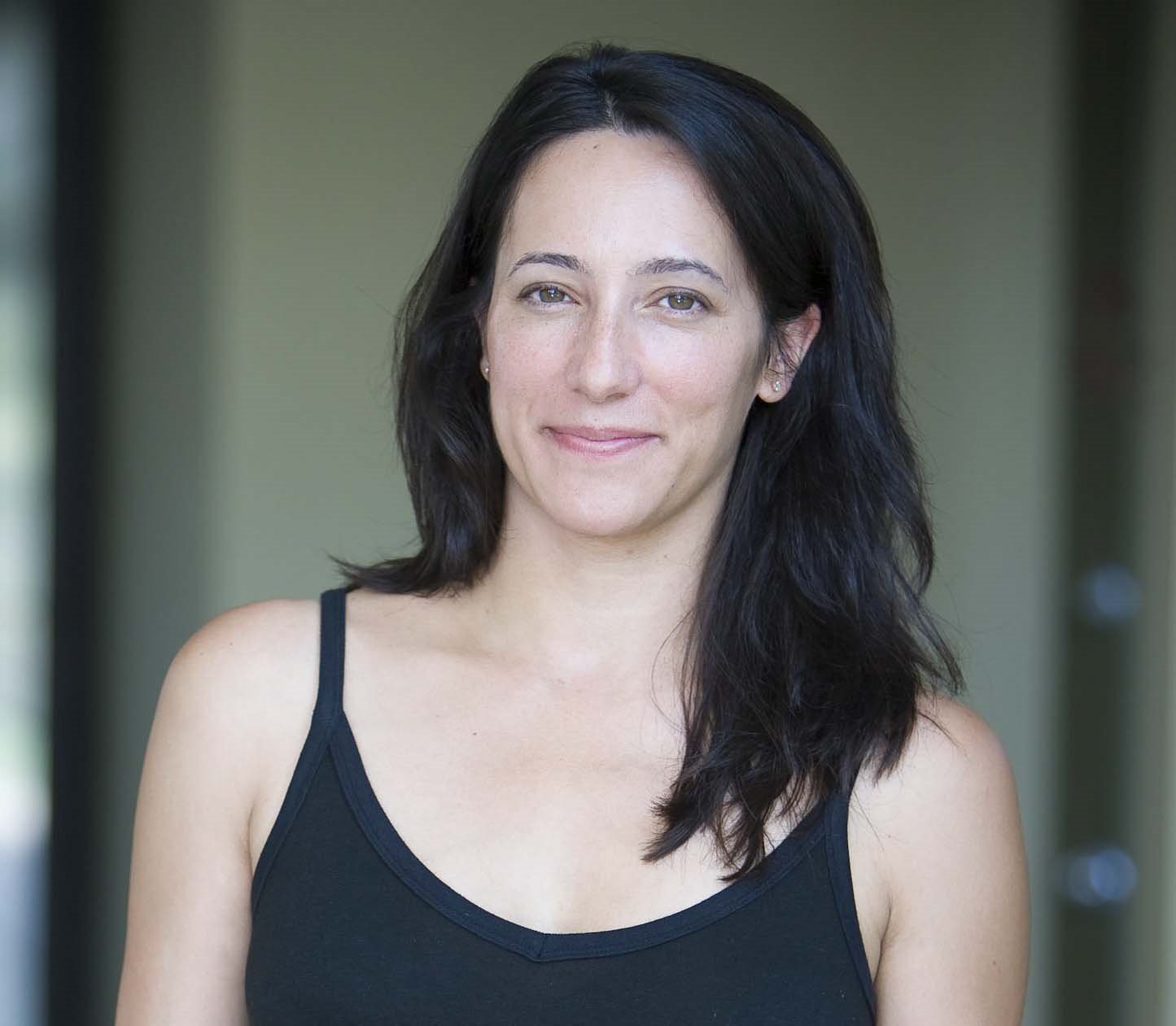

You want people to not be locatable and not be so easily accessed. I didn’t consciously make this decision, but I was glad midway through the novel that it was set then, because social media and cell phones really mess up fiction. Whenever I’m trying to write about an era, the way I go into it is through music. I feel that popular music is our narrative of history in America. But it also reflects how important music is in this book: what each character listens to, what that says about his or her identity. Maria is writing her dissertation on Jonestown’s ethnomusicology, which feels like this dig at academia and the tiny little plots of land on which academics stake their territory. I really was so relieved when I finished this novel, because I never wanted to read about Jonestown ever again. there’s no way that children could have committed suicide.

And then a third of them were children, which is also not worked into our understanding of it. It’s kind of a footnote, and weirdly glossed over that two-thirds of people who died were African-American, and many of them were African-American women. But then you actually look at what happened-it was a mass murder of mostly black and brown people. It’s become almost a sort of comic thing: They’ll do a spoof of it on sitcoms. Obviously nothing ever has gone as wrong as Jonestown, which went as badly as any utopian society could go. So in trying to figure out how things went wrong in my own childhood, I looked to historical models. I think a lot of the values and the ideas of Jonestown were part of my childhood. It was a multicultural/black socialist utopia led by this charismatic white man. There were a lot of biracial children there. My parents were a left-wing interracial couple who were of the same moment as a lot of people who went to Jonestown. I was an American studies major in college, and really was especially obsessed with the 1970s, all the social movements of that time. Jonestown was literally the one subject I didn’t have to research, because I’d been reading about it for about seven years. Jonestown plays a major role in New People, but it also makes an appearance in your memoir (part of a theory of your father’s about places where multiculturalism flourishes).


 0 kommentar(er)
0 kommentar(er)
